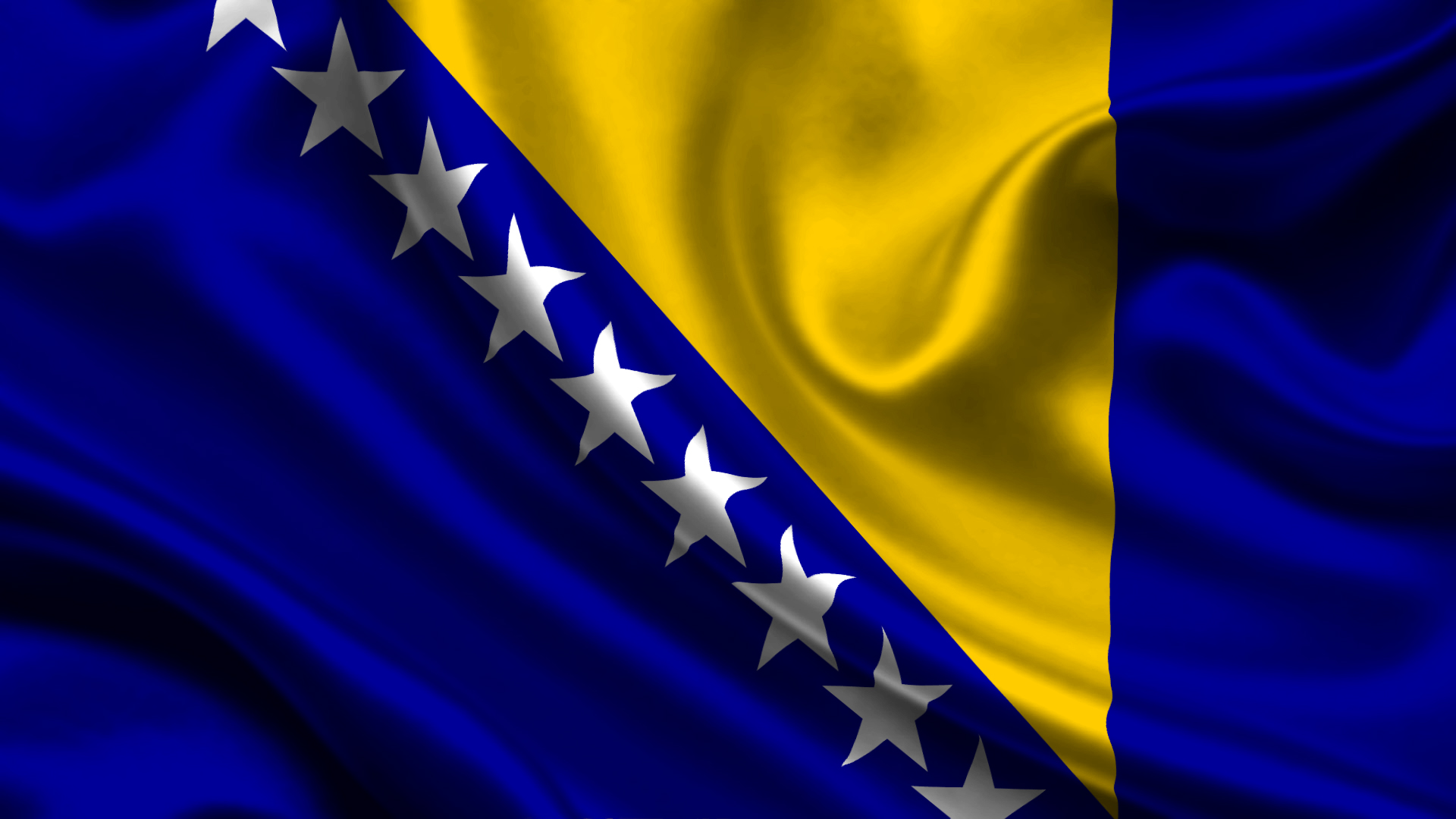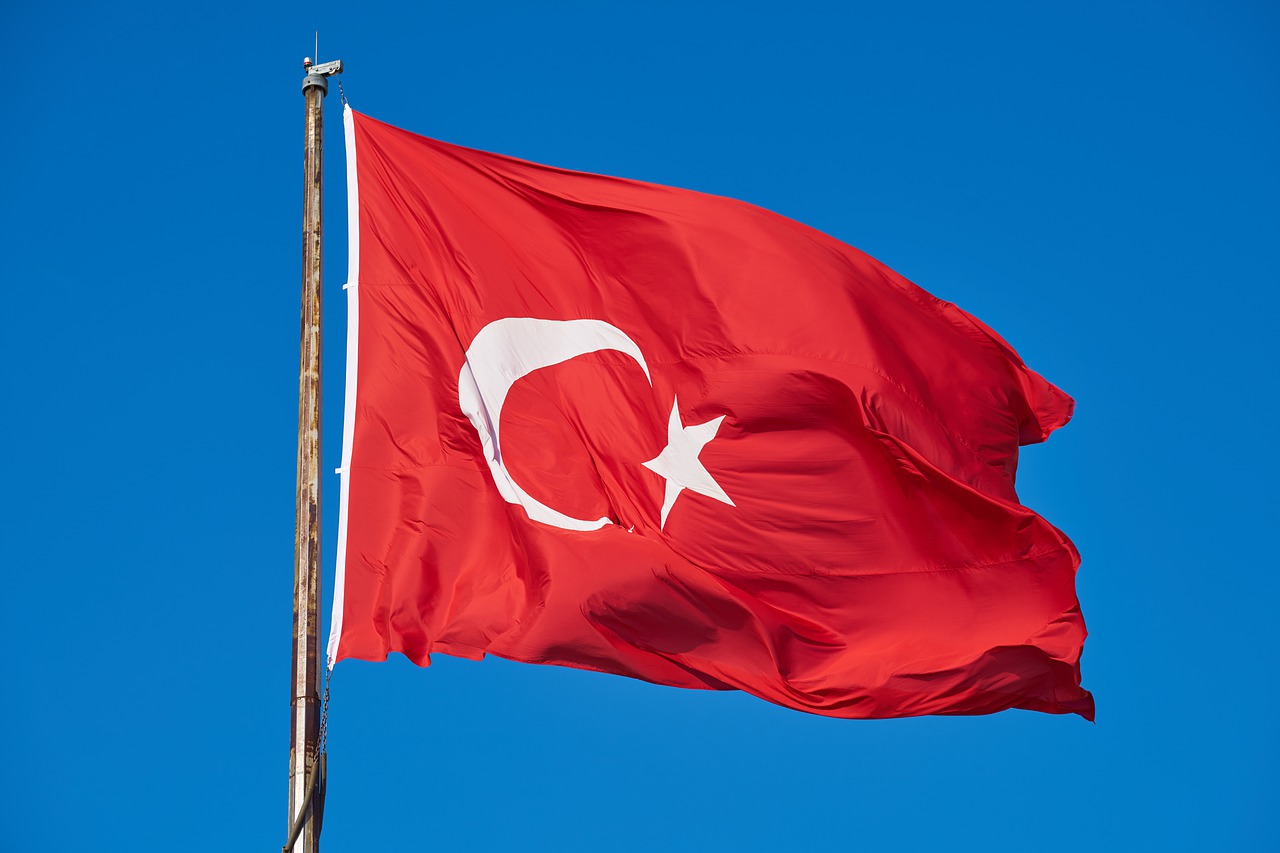We are back with another interview thanks to our friends at CF Europe!
Sarajevo, Bosnia and Herzegovina, Emina, 24 living with cystic fibrosis
- About how many people in your country have cystic fibrosis?
50 (42 children and 8 adults) - Do people in your country know what CF is?
I think most of them don’t know, and some of them only heard about it. - When were you diagnosed? Why were you tested?
I was diagnosed when I was 8 and tested because I had 4 lung infections in a short period of time. - Were you encouraged to be open about your CF? Do your friends and family know that you have CF?
My close friends know a lot about it and they are informed. My close family members also know. - Does your insurance/healthcare cover costs? Does it fully cover all medications and treatments available to patients with CF? Does government provide your healthcare or is insurance offer privately?
It covers some medicine (Kreon) but Pulmozyme and Tobramicin are not covered for adults because they are not on the essential list of drugs. - Do you have access to drug studies/trials? Do you have access to new medications?
Absolutely not. In my country I can only dream about Trikafta for example, and I dream of it for sure. - Who is on your CF care team? (Doctors, nurses, etc.)
We don’t have a team, and doctors are not well trained to treat patients with CF. - How far away is your CF clinic? Is there a difference between adult/child clinic/care for CF?
There is no CF clinic. We of course have doctors for adult patients and for children, but they are regular pulmonologists. - How often do you go to the doctor (non-emergency)? Is it easy to get an appointment? What do you do in case of emergency?
I rarely go to the doctor when it’s not an emergency. In case of emergency I call the doctor and make and an appointment. It’s quite easy to get an appointment. - If you need IV antibiotics, can you do them at home or do you need to stay in the hospital?
I need to go to the hospital. Often, they don’t have the IV medicine that I need so they just give me what they have. - Is the Vest a typical treatment option? What other treatments are common in your area? Which are not?
The Vest is available only if the patient pays for it and I don’t think many patients have it. I think in my city physiotherapy (drainage) is pretty common now. I am not sure I know about other treatment options except these two. - Are you encouraged to exercise? Specific?
When I am in good condition I exercise (doing exercises at home, sometimes in the gym) - What CF specific medications/therapies have been developed in your country? Does your country promote new drugs?
None. No. - What role does nutrition play in your CF care? Do you have a feeding tube? Do you have CFRD (diabetes)?
I have CFRD. I don’t have a tube. (Luckily I don’t need it). I don’t have problems with weight so I eat normally, without supplements. But I used them when I was younger. - What do you wish could be better about your nation’s care for CF patients?
Everything. Care for CF patients in my country is minimal, or even below minimal. - What do you know about CF Lung Transplants?
I met some people that had lung transplantation and they say it saved their life. I, personally hope that I’m not going to need that. - Did you go to college/university or advance your education elsewhere (Or plan to go to college/university)? Were you encouraged?
I finished a Bachelors of Sociology in my city and I am not planning to continue my education (at least not here and not now). - What is the National CF Foundation (if there is one)? Does this Foundation (if there is one) provide assistance in every day life and education? (example: scholarships, transplant aid, educational materials, etc.)
We don’t have that. - Is there anything else you would like to add? Is there anything specific or unique about CF care in your country compared to the rest of the world that you know of?
We don’t have basic medicine; we don’t have educated doctors; we are hospitalized with many other patients which maybe are contagious. Children are dying at a young age and for the ones who are still alive; there is no future here.





